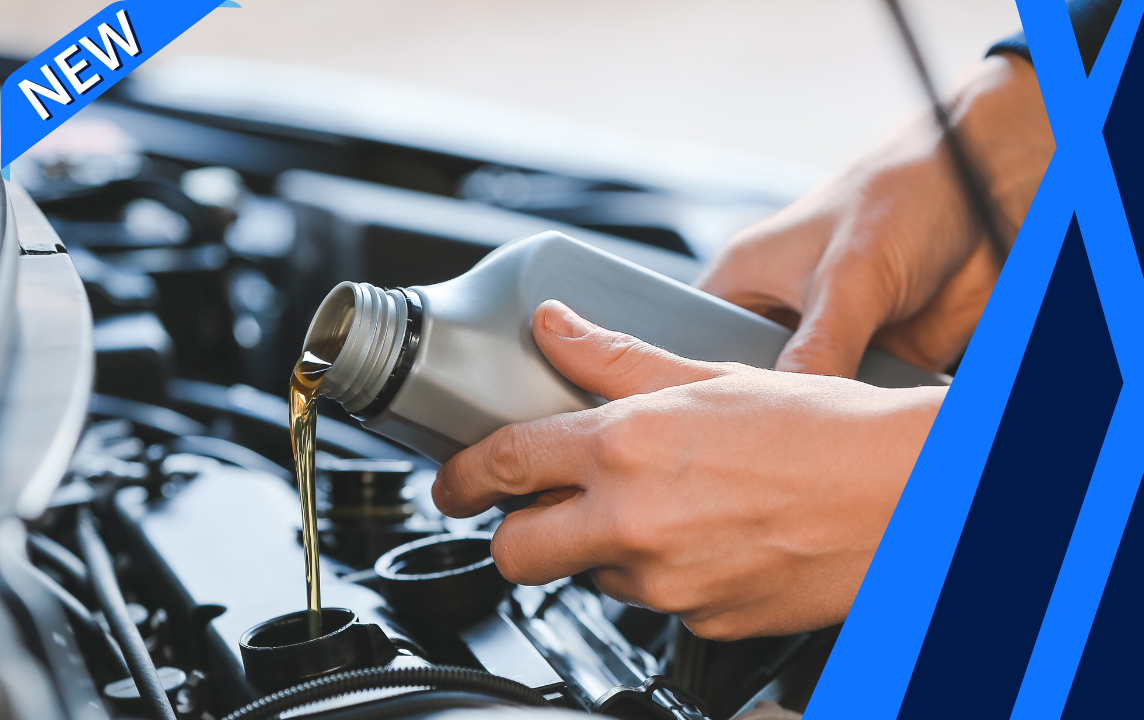Description
Brakes must be pumped to work Inspection
How this system works:
Your brakes work on fluid pressure. If the braking system cannot build up the pressure necessary to operate the system, your pedal will feel strange. In some cases, it will be spongy and soft. In others, you’ll have to pump the brakes.
When you press the brake pedal, the master cylinder sends fluid into the lines, creating pressure. This activates the calipers, which squeeze the rotor on each wheel between the brake pads. Drum brakes work on a similar basis, but fluid pressure causes the actuator to press the shoes out against the sides of the drum to slow down the wheels.
However, if moisture has gotten into the system, the result can be similar. Water has a lower boiling point than brake fluid. When it’s heated at the brakes, it vaporises, creating air in the lines (and allowing compression – brake fluid cannot be compressed). If there isn’t enough pressure in the lines, this doesn’t happen.
Common reasons for this to happen:
- Air in the Lines: The number one most common cause for pumping your brakes to get them to work is air in the lines. This may be because your brakes were recently serviced but not bled correctly. It requires bleeding each wheel several times, starting with the wheels farthest from the master cylinder (passenger rear, driver rear, then passenger front and driver front). Even after a basic service, it can take multiple bleeds to remove all the air from the lines. The fluid will then need to be topped off.
- Low Brake Fluid: If your brake fluid is low (and it’s not due to brake pad wear), then the system will be unable to create enough pressure for normal operation and you may have to pump the pedal. Generally, low fluid is caused by a leak somewhere in the system, including at the caliper, the brake lines, or even the master cylinder.
- Failing Master Cylinder: While rare, master cylinder failure does occur. If the master cylinder has begun leaking fluid down the back of the engine, you can expect to experience poor brake operation and reduced safety on the road.
- Moisture in the Fluid: If your brake fluid has absorbed moisture (which is normal over time and through regularly wear and tear), you’ll notice reduced braking performance, including the possibility that you’ll have to pump the brake pedal in some situations.
- Damaged or Missing Bleeder Valve: Each wheel should have a brake fluid bleeder valve on the line near the wheel hub. If one of yours has been damaged, you may be leaking fluid and allowing air into the line simultaneously.
What to expect:
A top-rated mobile mechanic will come to your home or office to inspect your car’s brake system. The mechanic will visually inspect the master cylinder, the brake lines, calipers, and the rest of the system in order to determine the underlying cause of the problem. The mechanic will then provide a detailed inspection report that includes the scope and cost of the necessary repairs.
How it’s done:
The mechanic will need to inspect the entire brake system, which may require removing one or more wheels. The mechanic will also need to check for air in the lines and leaks in the lines and at the master cylinder.
How important is this service?
If your brakes have to be pumped to work, your system needs immediate service. This indicates a significant problem, including air in the lines. It reduces your stopping capability on the road, which endangers you, your passengers, as well as others on the road. One of our mechanics can diagnose and repair the problem, ensuring that you’re safe while driving.




